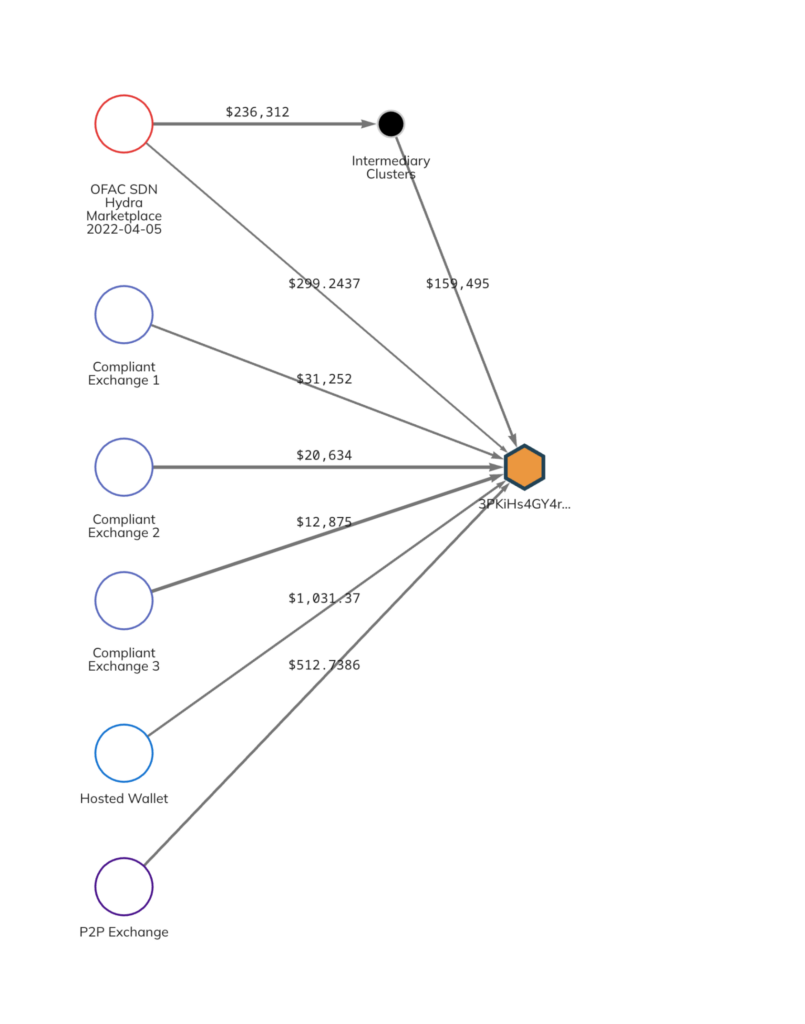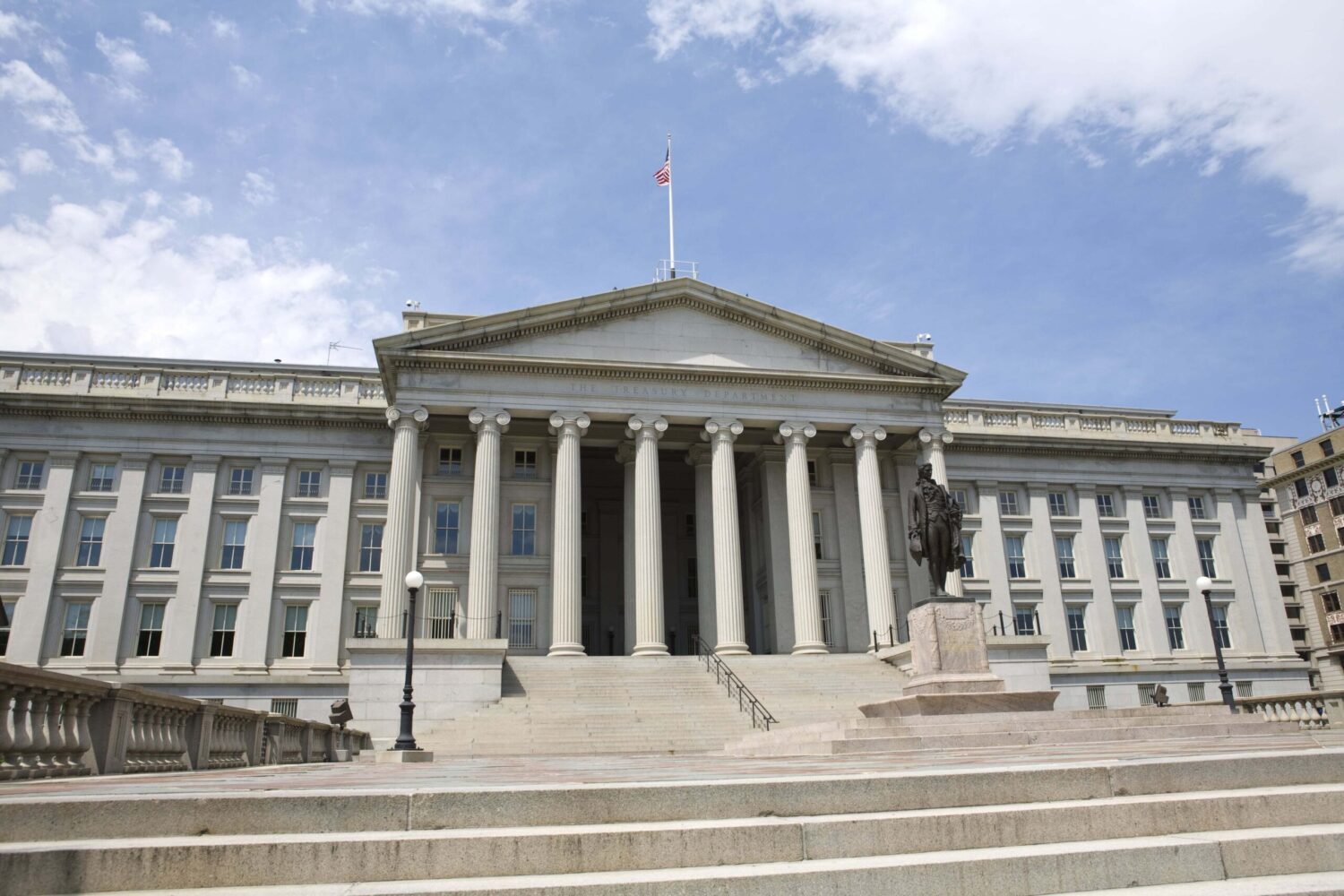On April 14, 2023, the Office of Foreign Assets Control (OFAC) sanctioned individuals and entities in China and Latin America for their role in fentanyl manufacturing and trafficking. One OFAC designation includes a Bitcoin address used to accept funds for the sale of fentanyl precursor chemicals made in China. The Department of Justice (DOJ) also charged several individuals associated with this operation, following an investigation by the DEA.
In this blog, we’ll briefly review the details of these sanctions and how Bitcoin played a role in relevant transactions.
Who was charged and sanctioned?
Among the entities sanctioned are two Chinese chemical companies: Wuhan Shuokang Biological Technology (WSBT) and Suzhou Xiaoli Pharmatech (SXPC). Four Chinese nationals associated with WSBT were also charged and sanctioned:
- Yao Huatao
- Wu Yaqin
- Wu Yonghao
- Wang Hongfei
As we’ll explore more below, Wang Hongfei’s entry on OFAC’s SDN list includes a Bitcoin address under his control, which was used to accept funds for fentanyl precursor chemicals the WSBT sold.
These companies stand accused of selling fentanyl precursor chemicals to Latin America-based brokers, who then sell them to drug cartels like the notorious Sinaloa Cartel based in Mexico. Some of those brokers and other cartel associates were charged by the DOJ as part of this operation. One such broker is Guatemalan national Ana Gabriela Rubio Zea, who was also sanctioned.
Bitcoin’s role
Both WSBT and SXPC accepted Bitcoin for the sale of fentanyl precursor chemicals. WSBT associate Wang Hongfei controlled at least one Bitcoin address used for this activity, which was included in his OFAC SDN list entry: 3PKiHs4GY4rFg8dpppNVPXGPqMX6K2cBML.
This address is a deposit address hosted by a large, compliant cryptocurrency exchange. Since becoming active in Dec 2021, it has received approximately $366,000 in Bitcoin, both from other mainstream exchanges and from the now-defunct darknet market Hydra. The following Chainalysis Reactor graph illustrates some of these transactions:

Analyses of Hongfei’s Bitcoin address, its activity, and the activity of other associated addresses provide opportunities to better understand the crypto nexus between Mexican drug cartels and their chemical suppliers in China.
Monitoring cryptocurrency-based fentanyl sales
Fentanyl imports into the United States continue to fuel the opioids crisis, which has caused untold harm. The law enforcement action on April 14 is an important step in reducing these drug-based activities. At Chainalysis, we commend the OFAC, DOJ, and DEA for their work, and will provide more research on the role of cryptocurrency in fentanyl trafficking in the near future.
This material is for informational purposes only, and is not intended to provide legal, tax, financial, or investment advice. Recipients should consult their own advisors before making these types of decisions. Chainalysis has no responsibility or liability for any decision made or any other acts or omissions in connection with Recipient’s use of this material.
Chainalysis does not guarantee or warrant the accuracy, completeness, timeliness, suitability or validity of the information in this report and will not be responsible for any claim attributable to errors, omissions, or other inaccuracies of any part of such material.

